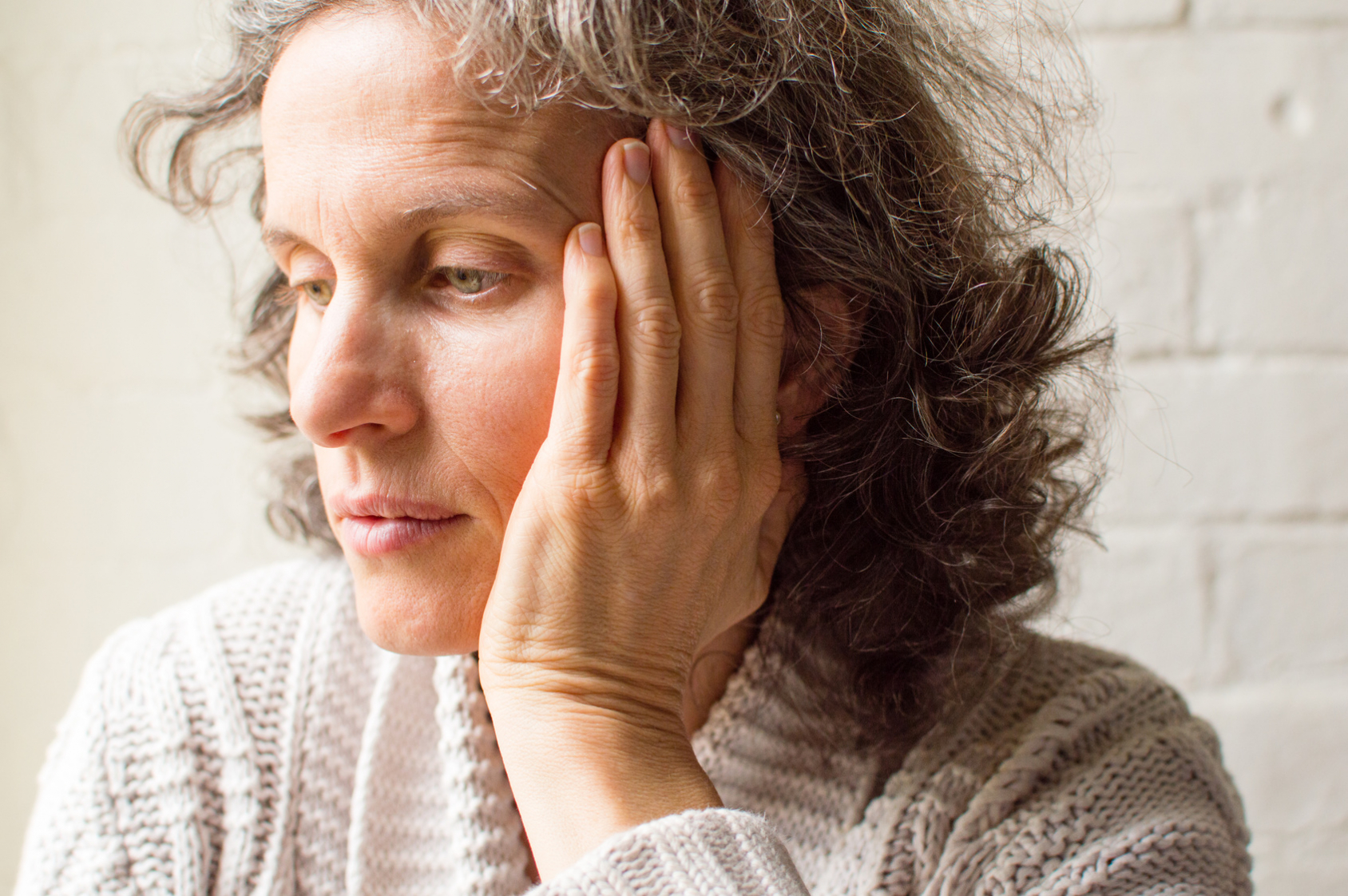Peri- and post-menopausal women frequently complain of insomnia or poor sleep quality. Sleep disturbance is often attributed to nocturnal hot flashes; however, a sizeable proportion of menopausal women may have a primary sleep disorder. As part of the Menopause Strategies: Finding Lasting Answers for Symptoms and Health network (MS-FLASH), randomized clinical trials (RCTs) were used to measure the impact of six interventions on insomnia symptoms in women with vasomotor symptoms (VMS). According to a recently published report, cognitive behavioral therapy specifically designed to treat insomnia (CBT-I) was the most effective intervention.
Women in the CBT-I group received guidance from a sleep coach by phone six times over 8 weeks and were provided detailed personalized recommendations and tools. In this study, CBT-I was more effective than the other interventions studied: venlafaxine (Effexor), escitalopram (Lexapro), yoga, aerobic exercise, daily omega-3 fatty acids, and estradiol.
Based on these findings, CBT-I should be considered a first line treatment in healthy midlife women who present with insomnia symptoms in the setting of moderately bothersome VMS.
Ruta Nonacs, MD PhD
Guthrie KA, Larson JC, Ensrud KE, Anderson GL, Carpenter JS, Freeman EW, Joffe H, LaCroix AZ, Manson JE, Morin CM, Newton KM, Otte J, Reed SD, McCurry SM. Effects of pharmacologic and nonpharmacologic interventions on insomnia symptoms and subjective sleep quality in women with hotflashes: A pooled analysis of individual participant data from 4 MsFLASHtrials. Sleep. 2017 Nov 20.
Read More: Short Course of Talk Therapy May Improve Sleep During Menopause (Medscape – free subscription)








Leave A Comment